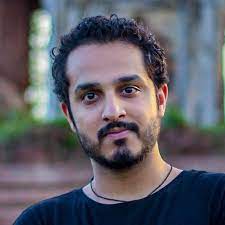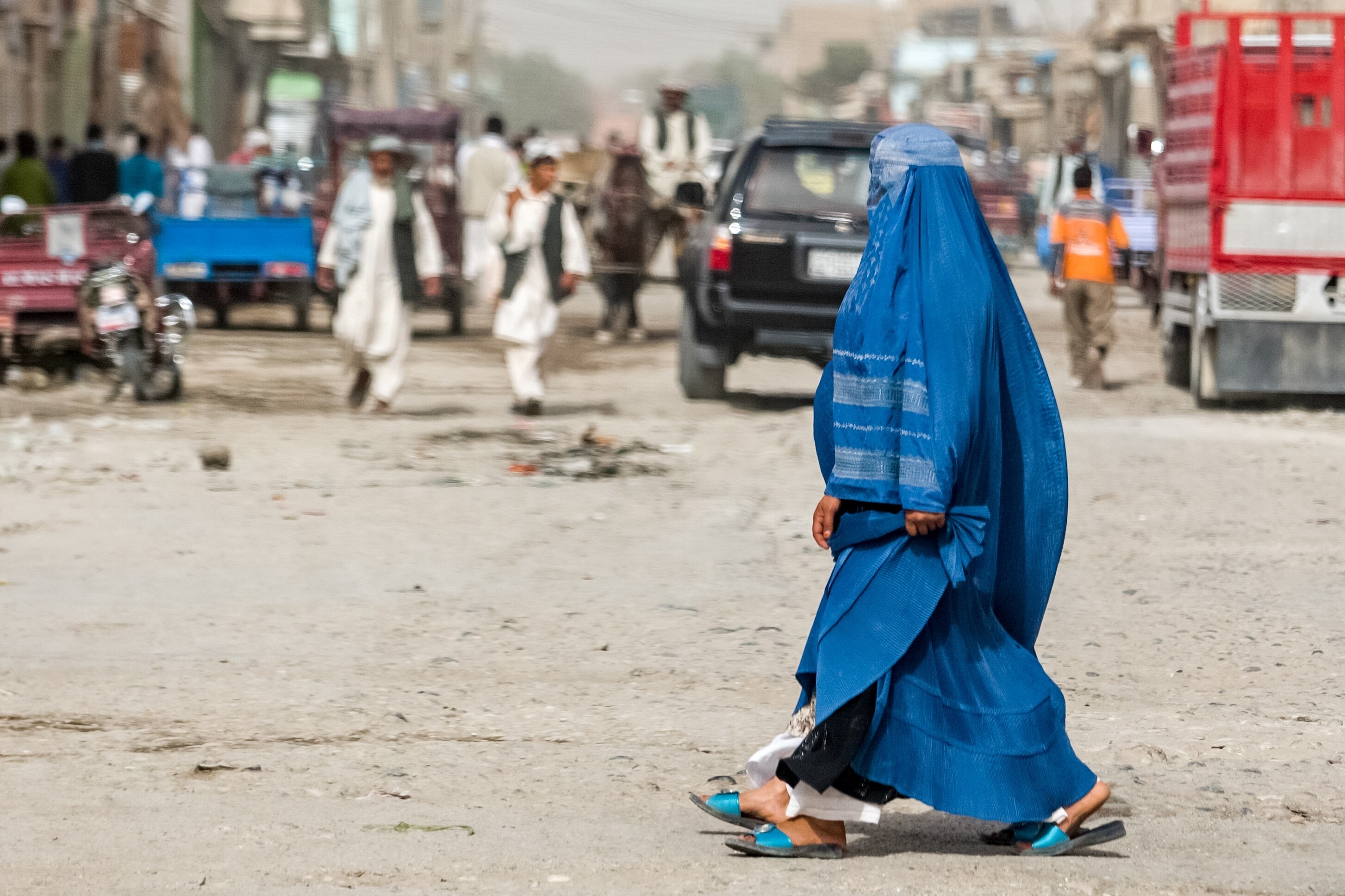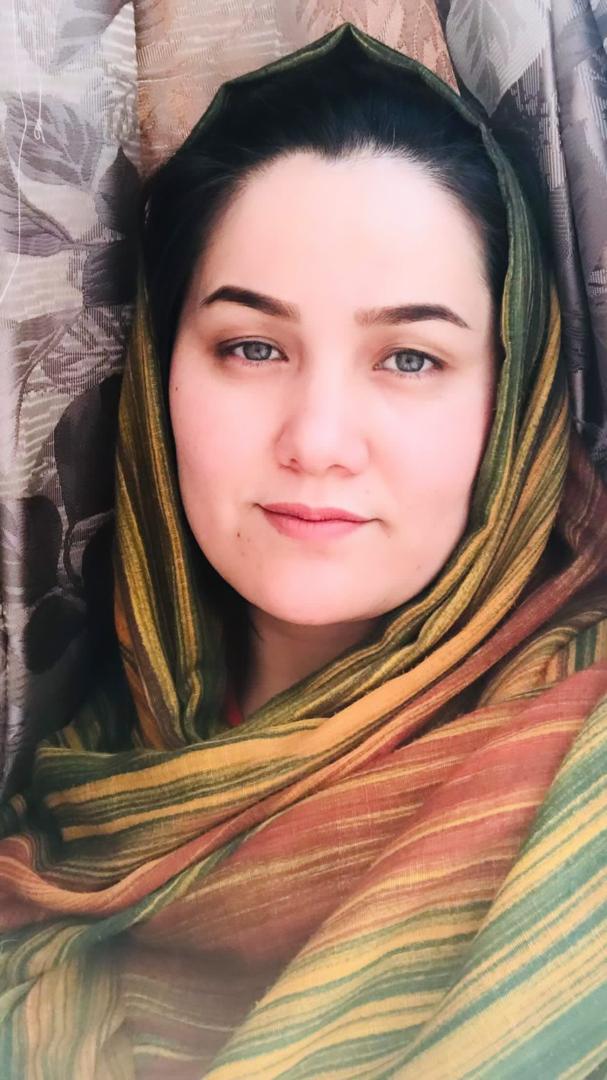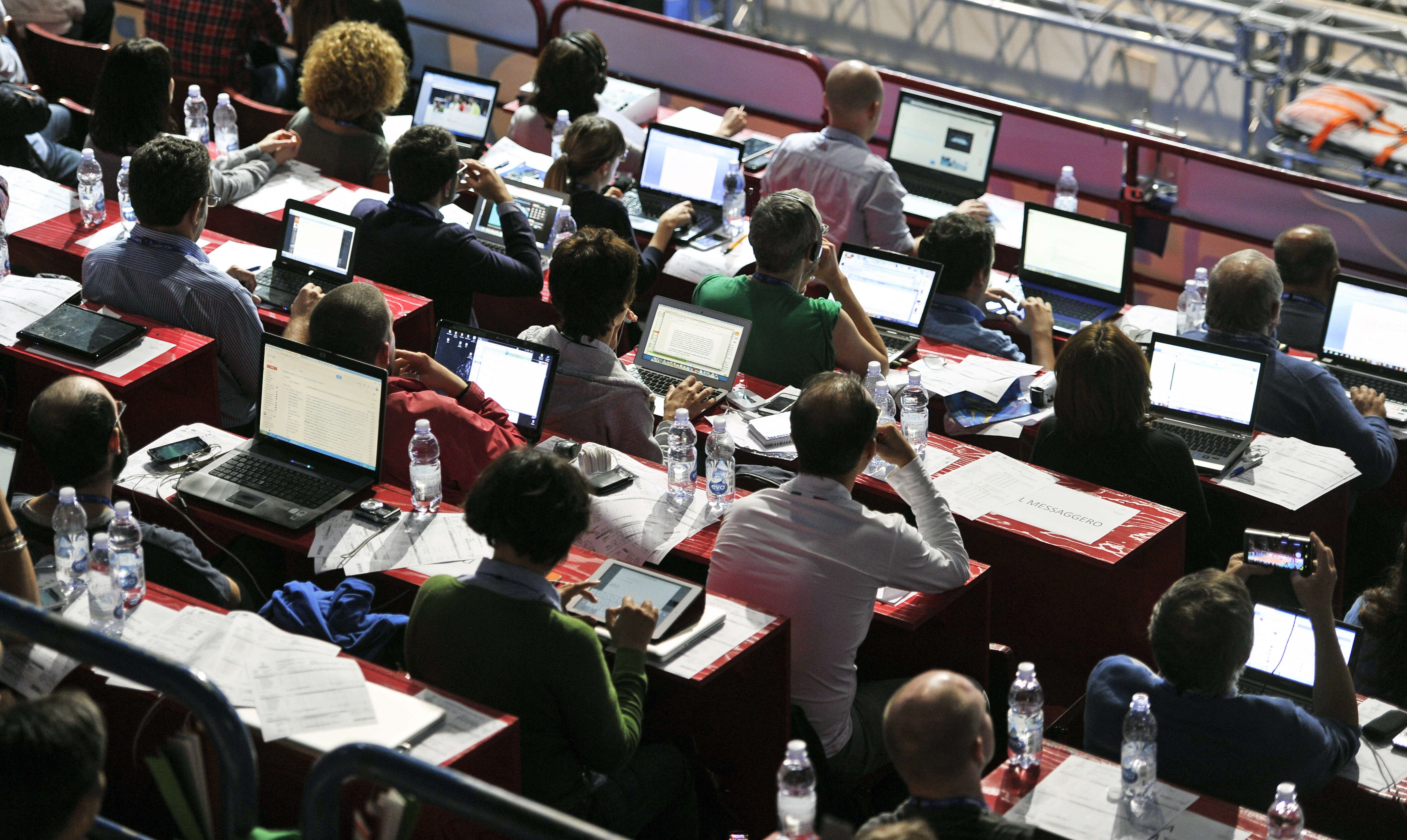8 Minute Read
When many North African countries achieved their independence, nationalists began to repeat a sentence of great importance: Colonization will leave out the door, only to come back through the window. The sentence has proved to be prescient, as colonization has come back through the gateway of media, with an orientalist view that detaches reality from its cultural, and socio-political contexts.
Western media financing programs cannot be separated from the ideas of cultural hegemony. The agenda set by these financing bodies appear to service the communities they fund, but in reality, money does not necessarily create change on the ground.
In 1988, Indian scholar Gayatri Chakravorty Spivak published her famous paper “Can the Subaltern Speak?”. The Subaltern refers to a person who has lived through colonization and whose knowledge was formed by the colonizer’s tools.
Spivak’s question originated from the idea that the tools for forming and creating knowledge were created by the colonizer and its intelligentsia, and that these tools were imposed on the nations they colonized. After the departure of the colonizer, the “Subaltern” was unable to conceptualize their reality apart from on the basis of these tools, which are – necessarily – decontextualized and inapplicable to societies that differ in their composition and contexts from Western ones. Thus, the “Subaltern” was rendered incapable of expressing themselves in the terms of their culture and socio-political context, but rather from the culture and context of the colonizer which did not represent them.
To return to Arab media, new trends have appeared in the past years, specifically manifesting in what was dubbed at the time as “alternative” or “independent” media. This new form of media became increasingly prominent at the turn of the millennium and even more so with the spread of the internet, the latter of which functioned as a more effective channel for communication between journalists and other bodies, away from the mediums controlled by authorities. Moreover, globalization enabled journalists to create reference points which in turn helped them understand their journalistic reality. With a new awareness of the scale of the global media, journalists began to realize the size of the gap between Western and Arab media, and, more importantly, their own reality and its complications.
The result was a backlash against all previous models of Arabic journalism. What had previously been accepted had been thrown into sharp relief, as it became obvious that Arab media had been reared in the shadow of authoritarian systems which imposed their desires on the press, as well as relegated its role to limited and defined frames. These imposed frameworks ultimately sought to entrench the dominance of the authorities over knowledge and identify the priorities of the society in service of authorities’ agendas.
Journalists then began to turn to the Western model, out of the idea that it constituted the opposition to the status quo and achieved positive results “there.” So, members of the media sought to humour the agendas set by Western donor, for two key purposes: Ensuring continuation by acquiring funding and desiring a “globalised” approach to media that generally secures international recognition for these media institutions.

Decontextualized Reading
Away from the demonization or glorification of financing institutions, a general reading of the programs of donor organizations reveals that their aim is to encourage new media initiatives and oversee the development of existing ones.
The agendas of donor institutions for media development programs usually focus on causes such as combating corruption, enhancing governance and accountability, women’s rights, and other issues that hold genuine importance for the Arab region. However, these programs address these causes from a Eurocentric and orientalist perspective, derived from their own reading of Arab societies and deductions on how the media can carry out its role more effectively in beneficiary communities. This is of course, if we accept for the sake of the argument, that these stated goals are indeed the aims of said donor programs. The problem however, with such a Eurocentric approach, is that it ignores the particularities of each country they engage with in the Arab world.
At the “Media Development and Sustainability in Africa Conference”, media economic studies professor and former director of Oxford University’s Reuters Institute (2010 – 2014) Robert G. Picard said that the inefficacy and lack of sustainability of media development projects in developing countries is due to the that Western development programs and agencies make efforts to develop media outlets to serve urgent foreign policy objectives of the home countries of said agencies, rather than set sustainable development objectives for media in these countries.
He added that the Western development programs’ efforts to develop media outlets sought to recreate the media forms and practices of the West verbatim, without a proper acknowledgement of the wide variances between Western societies and those of developing countries. “What is worse,” – he added – "is that there is an effort to recreate media types and systems that are declining and failing in the developed world.”
Picard said that the teaching of Western media principles and practices has drastically failed to develop a healthy press in many areas, because Western programs and agencies specialized in media development did not take into account the existence of different social and cultural realities in these countries.
Picard’s points highlight the most prominent issues in Western media financing programs, namely that they analyse the media scene in developing countries from a purely Western approach, believing that by re-enacting Western media work patterns and principles, they can solve the problems of media in developing countries.
In fact, they might actually be causing their aggravation, as neither the political climates in “third world” or “post-colonial” countries are free or democratic, nor do their problems or cultural contexts resemble those in western societies. Hence, when media financing programs focus on issues such as women’s political empowerment, they miss out on the fact that these issues are symptoms of a root cause: a political system in which neither men nor women enjoy free political say.
Thus, financing programs target issues, which, while undeniably important, do not address the root of these problems. For financing programs to focus on issues such as governance without seriously working on the independence of the media, they leave journalists exposed to legislative systems that restrict their freedom and criminalise them should they indeed hold the authority accountable. Asking journalists to expose corruption without a legal umbrella that facilitates their access to information nor their own protection, means that journalists will be restricted to the limited information they are allowed access to, which, by necessity, will not encompass major corruption cases that hit to the core of society’s interests.
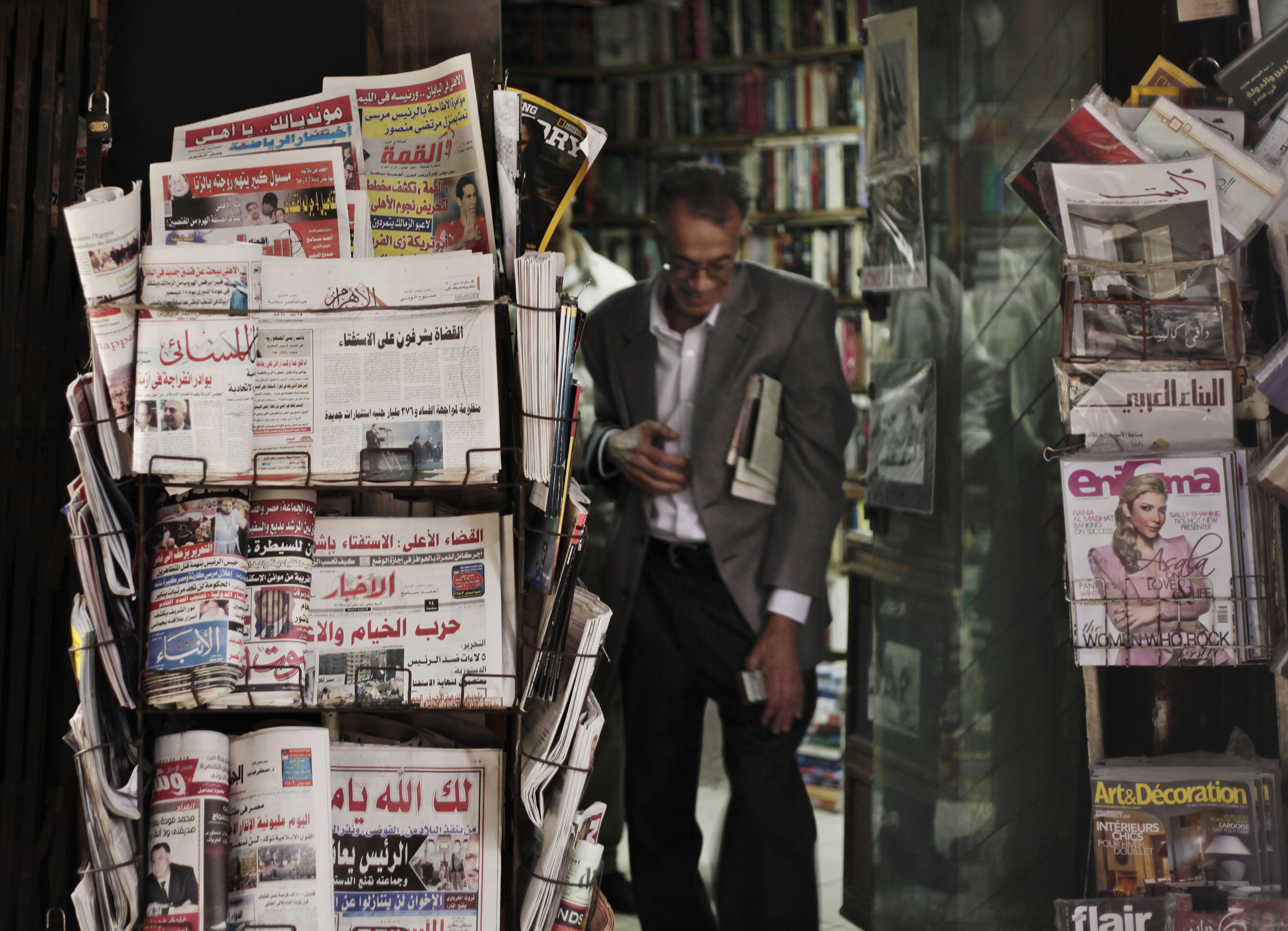
Cultural Hegemony
We cannot understand Western media financing programs as separate from the concept of cultural hegemony, which was used prominently in post-colonial studies as it pertains to the nature of imposing northern countries’ knowledge discourse and production on the south.
In this context, cultural hegemony – as defined by Italian philosopher Antonio Gramsci, who explained that control is achieved not only by imposing actual power, but also by imposing ideas – is the domination of a culturally diverse society by the ruling class, which manipulates the culture of that society (beliefs and explanations, perceptions, values, etc.).
Hence, the worldview of the “ruling class” becomes the prevalent culture, and its narrative became the only one deemed “rational.” Through social institutions such as universities, schools, places of worship, courts and others, the ruling class imposes its values, principles and beliefs.
By applying the theory of cultural hegemony to a global scale, and by looking at the process of colonisation that the world has undergone, manifesting today as the great powers in the West and the emergence of globalisation, it is clear that great powers culturally dominate the knowledge narrative in the rest of the world.
Though the stated goal of donor institutions is to encourage and facilitate change in beneficiary communities, this is not necessarily a true imperative and can actually be a secondary goal of their work.
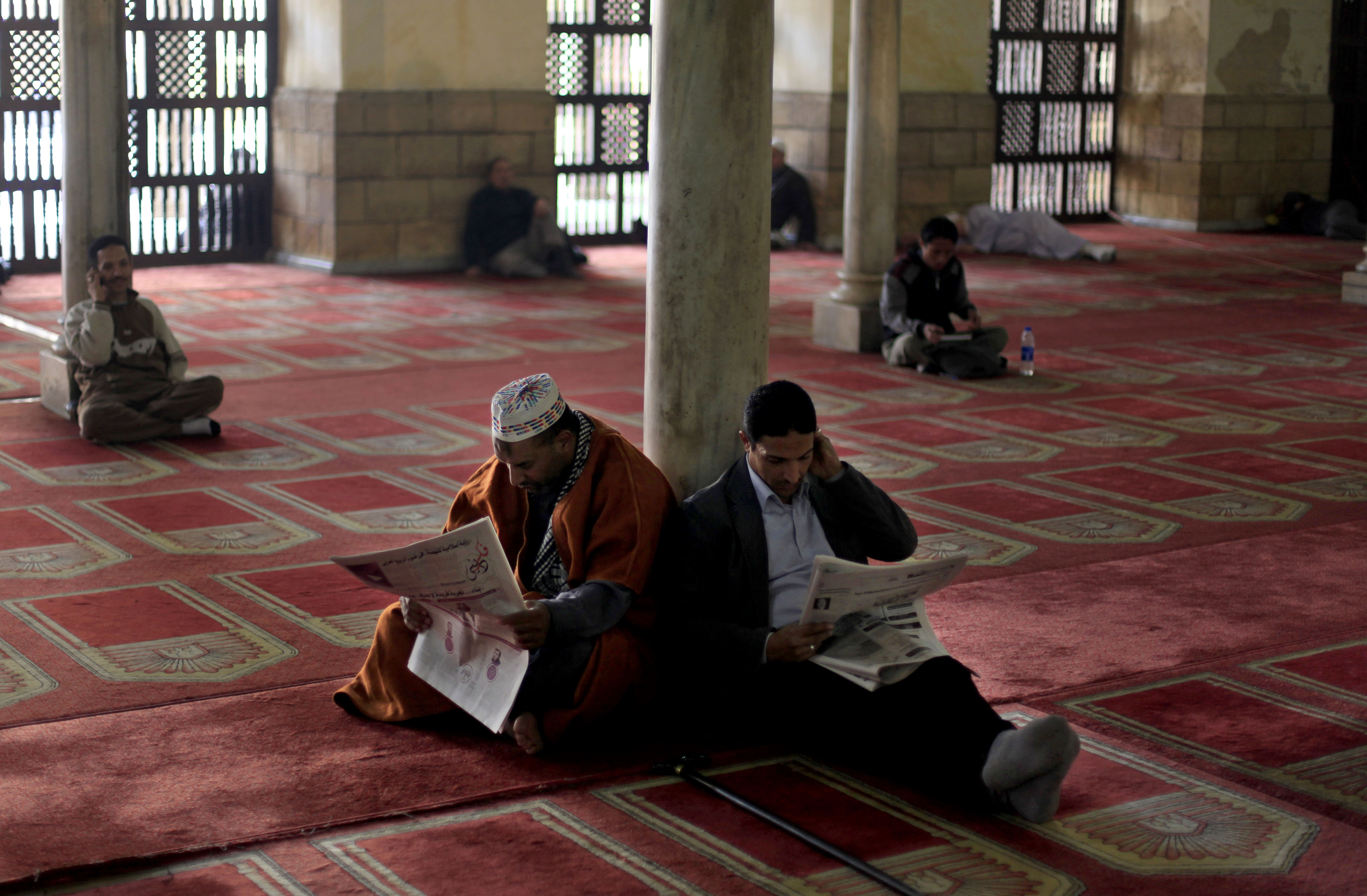
The Need for an “Organic” Journalist
Media coverage in its ideal form focuses on issues central to the lives of people. In order to ensure that this coverage treats these issues with the proper sensitivities and locates them in their proper contexts, the communities being covered must be understood well and if any barriers to such coverage exist, their causes must be correctly analysed.
Local journalists are best positioned to be able to perform this analysis and interpret their reality objectively and realistically, away from its stereotypes and superficial understandings. Having grown up in these communities and having internalized its modes of knowledge production, they are well suited to define their own reality.
Therefore, the news agendas of Arab institutions must be grounded in the interests of their local journalists and the issues that concern them, rather than follow the “trend” of Western funding.
Sociologists often begin by analysing the structural relationship between power and knowledge production, and how power – in its various forms – monopolises knowledge creation tools which enable their owners to read their reality in a culture and context-specific manner. Because the press is one of the most important tools to shape people’s awareness of their communities, the issues the media chooses to focus on must be derived in this manner.
The press then must strive to disseminate information about these topics to make the public aware of them. However, the media’s current reliance on “globalized” tools and criteria to determine what issues they focus on is an obstacle to better serving their communities and public interest. Before Antonio Gramsci wrote his famous theory on the “organic intellectual” while in prison, he was a journalist that analysed his community, as well as investigated its problems and the means by which to resolve them.
The intellectual, as seen by Gramsci – in this case the journalist – must set out in their propositions from the existing culture of nations, weighing their moral and “backwards” positions simultaneously. This approach is key to establish a presence in said culture, and, consequently, return people’s trust in the media as a power capable of change, representing their voices and speaking for them.
This trust can secure a place and a voice for journalists in society, rendering them able to form and elevate public awareness around certain issues, which ideally could lead to their resolution. If, however, newsrooms remain sequestered in ivory towers, in thrall to Western stereotypes and their epistemological models, newsrooms will stay isolated from the public sphere, as the former cannot influence the latter, nor can the latter see itself represented in the discourse of the former.
This is how newsrooms turn into a mere piece of decoration, unable to facilitate real societal change, and instead, proving the turn of phrase in the Arab world which describes lofty speech which has no use or value as “newspaper talk.”
* Photo Credit: Graffiti by Italian artist Ozmo depicting Italian writer Antonio Gramsci covers a wall in Rome on March 31, 2014. (AFP-Alberto Pizzoli)




